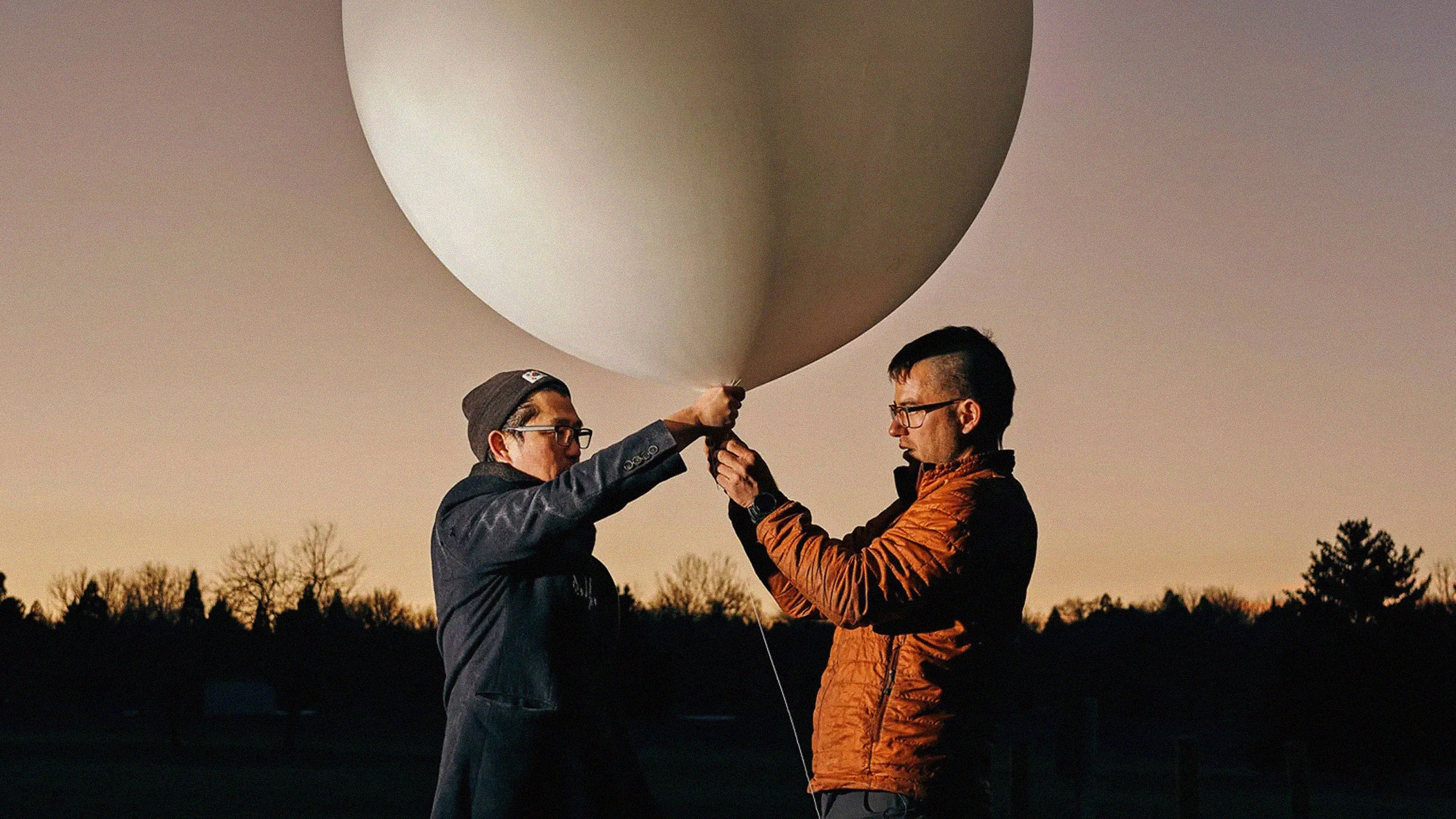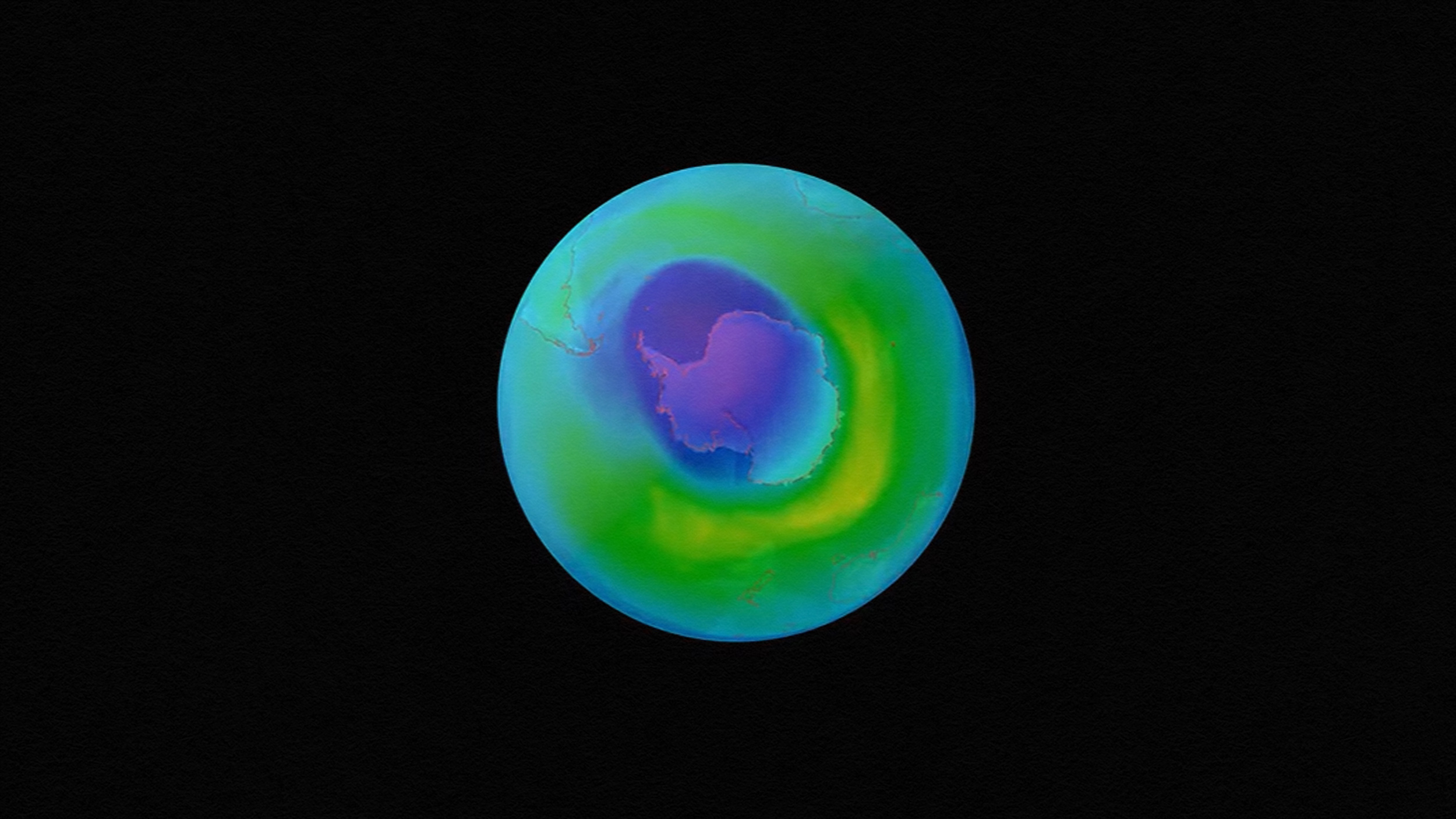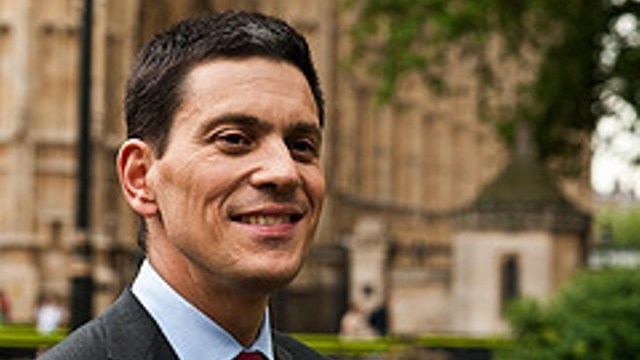Will, Baby, Will: Why Energy Problems Need New Thinking, Not New Oil Wells

Providing adequate and sustainable sources of energy isn’t a geophysical problem of finding supplies or a technological challenge of using sun, wind or gas more efficiently. It’s a psychological problem: How to get people to think differently and behave differently. That, I think, is the lesson of this paper, published last month in the journal Environmental Science and Technology: Some 2 percent of American energy use in a year goes to make food that no one eats, it reports. Eliminating that waste would yield more energy than the country gets from all its offshore oil and gas wells, current and projected.
Given that about a quarter of food produced in the United States goes to waste, write Amanda D. Cuéllar and Michael E. Webber of the University of Texas at Austin, they were able to estimate how much energy annually is “embedded in wasted food.” It’s a lot: More than 2000 trillion BTUs every year.
Addressing food waste would have other benefits, as Rachel Cernansky points out: The average American family loses $600 a year on food it doesn’t consume. Then, too, the Natural Resources Defense Council has reported that cutting food waste would also help lower greenhouse gas emissions without in any way reducing anyone’s quality of life.
Recapturing that lost power, Cuéllar and Webber note, won’t be a matter of getting everyone to order fewer fries and clean their plates. It will require a “retooling of the food supply chain to ensure that the energy consumed during food production does in fact decrease with a decrease in food waste.” That will take a lot of work. But the first step, obviously, is to stop focussing on supply and think seriously about all we have to gain by reducing demand.
Cuéllar, A., & Webber, M. (2010). Wasted Food, Wasted Energy: The Embedded Energy in Food Waste in the United States Environmental Science & Technology DOI: 10.1021/es100310d![]()





